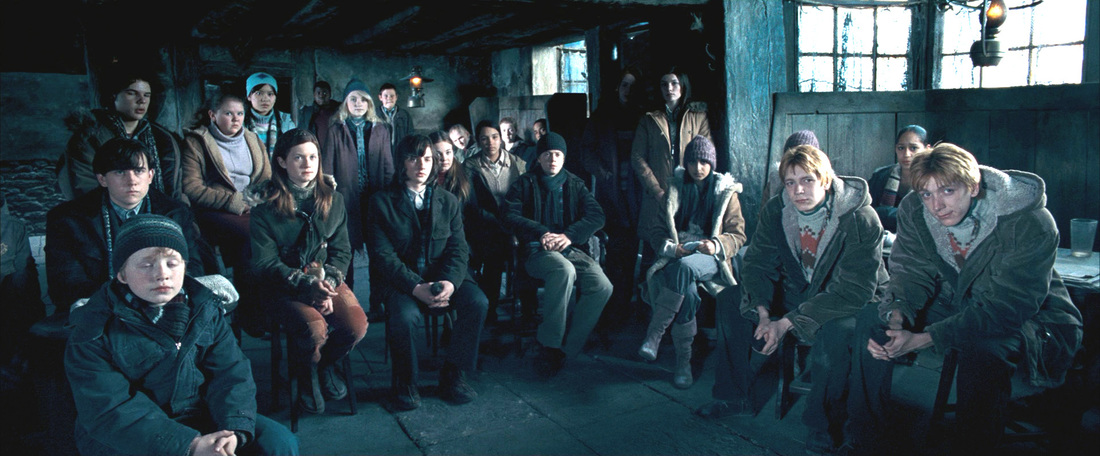|
I'm about to give you some free advice. I'd normally charge a lot of money to tell you this. But since it's my sister's birthday, I'm feeling generous. Lots of students mistakenly believe that AP classes are important, even essential, to their college admission. This is not exactly true. The most important thing that you can possibly learn in life is to stay skeptical. Question your assumptions. Why do you think APs matter? Someone's mom told you? An older student at your school said so? Where did they get their information? Was it backed by data? Now do your own research — there isn’t really any evidence that proves taking APs will increase your chances of admission. (Seriously -- if you find some, let me know!) I'm going to give you another piece of free advice -- and it's going to rock your world. Ready?? Taking AP classes can actually make you look complacent, not curious. As I wrote in What's Great (and not so great) About Save the 2,008: "I somewhat support capping the number of APs a student can take. On the one hand, academic freedom and personal accountability. On the other, in a district like Palo Alto, where there are so many resources and opportunities, I think it is kind of a waste of time for students to be taking classes anyone in any school district in the country could take. Moreover, I don't know if I'm amused or annoyed that pretty much every student I've ever worked with has taken AP Environmental Science, despite a complete lack of interest in environmental science. (It's the "easiest AP.") This is a completely meaningless reason to take a class -- and one of the requirements for a happy life is a sense of purpose and meaning." Read more > Clearly, I oversimplified. Not all schools offer APs. But most do. When you focus on taking APs, you're sort of demonstrating that you can manage hard classes. But you’re also sort of demonstrating that you haven’t done anything that wasn't placed right in front of you. Sure, the classes are hard. But were you passionate about them? Did you show that you are creative and curious? Or did you just follow the exact same path every other high achiever did? You might still be nervous that not taking APs is limiting your future prospects. Good -- I just told you to be skeptical, so I want you to be dubious. Do your research, then form an opinion. In the meantime, let me give you yet another piece of advice -- hopefully you find it inspirations: In my view, the only limit to your future prospects is your imagination. Attending a school with no APs is an incredible opportunity! It means you’ll have more free time to pursue whatever interests you want! Perhaps you can fill that time with an online course on Tropical Ecology, taught by a professor at Duke. Perhaps a course on the Math and Science of Baseball, taught by a professor at MIT, is more your speed. Or maybe you really want to zero in on Game Theory or Animal Behavior. I guarantee -- anything you want to learn is online. Get on Coursera, EdX, or iTunesU for more. Or! Perhaps you want to start your own AP study group — a club that prepares students to take the AP exams through student-led discussions, activities and presentations. After all, you don't have to have taken the class to take the exam, and admissions officers would be pretty impressed to learn that you got a 5 on the exam without even taking the class! (For bonus points, you could even call it something cute -- I'm thinking some sort of play on Dumbledore’s Army. And obviously you'd have to code an app that looks like one of those cool coins Hermione created for DA members.) Or… something else. Anything else! Collect some pilot data, write up a proposal, and apply for a research grant. Start a blog or an Etsy store. Make an album. Get on Patreon. Design your own video game. Become a scuba diver -- and, eventually, a certified Rescue Diver. Ask a question no one's ever asked before -- then figure out a way to find the answer. In 2016, anything is possible. Also, for your reference, the way admissions works at many top colleges is that they have readers who only read from specific regions. That allows admissions officers to become acquainted with the schools in their region (e.g., “Getting a B at Exeter is like getting an A at Andover,” “This school doesn’t offer APs, but that one does” etc.). It also allows them to compare students based on the opportunities and resources that were available to them. It makes no sense to compare students from an elite private school in New York to students from a rural public school in Wyoming. So stop worrying -- admissions officers are really good at what they do. They aren't going to eliminate a qualified candidate because of factors beyond the student's control. And start creating -- in four years, when you apply to college, you're going to have the greatest story ever.
1 Comment
10/17/2022 06:43:29 am
nks for sharing the article, and more importantly, your personal experience of mindfully using our emotions as data about our inner state and knowing when it’s better to de-escalate by taking a time out are great tools. Appreciate you reading and sharing your story since I can certainly relate and I think others can to
Reply
Leave a Reply. |
AuthorEva Glasrud completed her B.A. and M.A. at Stanford. She is now a college counselor and life coach for gifted youth. Archives
October 2022
Categories
All
|


 RSS Feed
RSS Feed